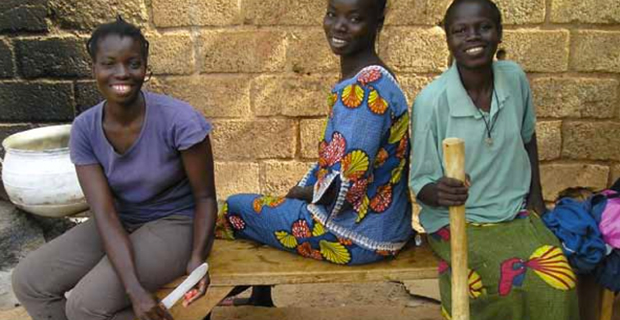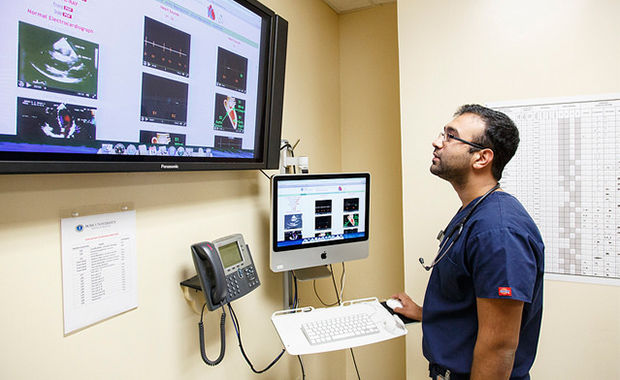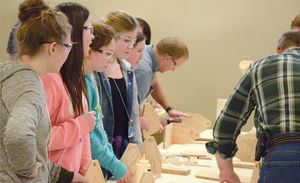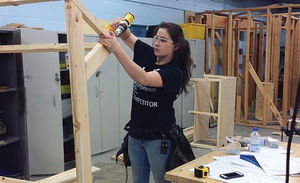Post-Secondary Education In Northern Ontario
Career Opportunities A postsecondary education continues to be one of the best investments an individual can make in their future.
A postsecondary education is an investment in Ontario’s future. People who learn the right skills can get high-paying jobs and actively contribute to our 21st century, knowledge-based economy.
I’m excited to have the opportunity to lead the Ministry of Training, Colleges and Universities because this government has always believed that all Ontarians should have the opportunity to benefit from postsecondary education and training — no matter where they live. That’s why, despite challenging economic times, we continue to build on our record investments in Ontario’s postsecondary system, especially in northern Ontario.
In fact, since 2002-2003, we’ve increased operating grants to northern and rural colleges and universities by 74 percent, funding that helped support more than 35,900 spaces at northern colleges and universities in 2013-2014. And our government provides additional funding to northern and rural postsecondary institutions, beyond regular operating grants, because we know that these institutions often face additional costs.
Boosting our economy
These investments help keep talented young people in the region and boost the local economy. Grants like our Ontario Distance Grants, which provide funding of up to $500 per term for travel and commuting costs, provide students in northern Ontario with additional support for expenses related to their postsecondary education and training.
“These investments help keep talented young people in the region and boost the local economy.”
Our government is investing in infrastructure for the Ring of Fire and preparing people for jobs in the area with innovative, first-of-its-kind skills training projects like the Aboriginal Skills Advancement Program. We’re providing nearly $3 million for this program and working with the Matawa First Nations and Kiikenomaga Kikenjigewen Employment and Training Services, or KKETS, in Thunder Bay. That means that more than 100 Aboriginal learners will have the opportunity to access postsecondary education and training programs and build the skills they need to enter the local labour market.
KKETS is also partnering with regional colleges to provide programs that help prepare Aboriginal learners for jobs in the growing mining sector and other supportive industries. These are the kinds of creative programs and partnerships that can really make a difference in people’s lives.
I look forward to visiting the wonderful institutions and training centres in northern Ontario that continue to build the region’s reputation for excellence in postsecondary education and training. Everyone in the province should have equal access to world-class opportunities, and we will continue to support innovative programs that ensure this continues to be the case in northern Ontario.





.jpg)














